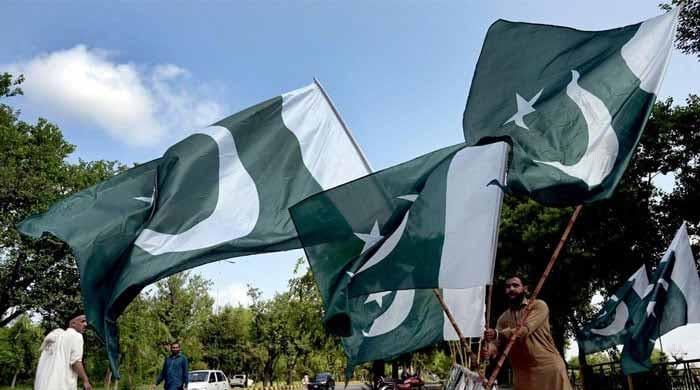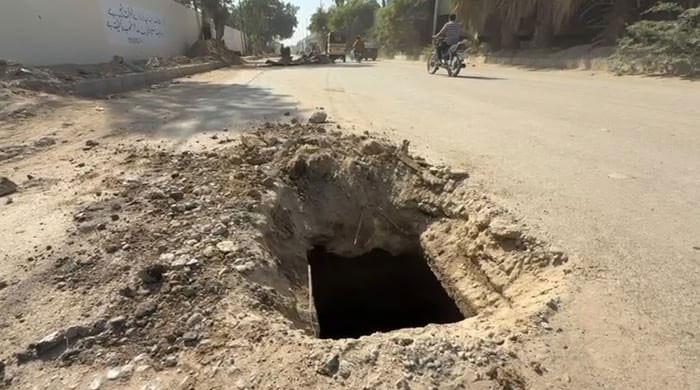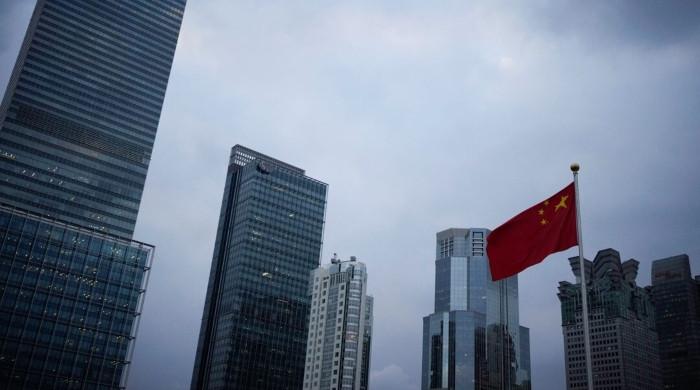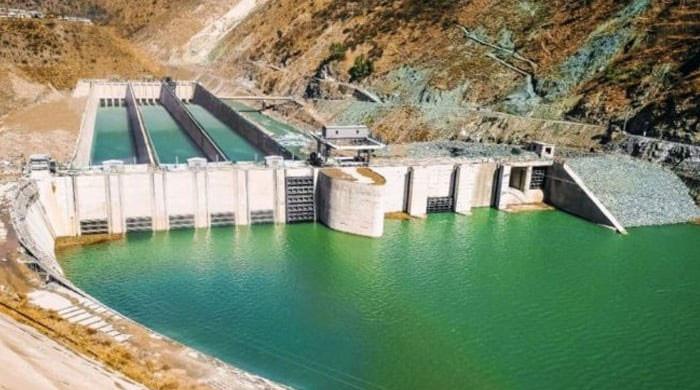What I found out about the OBOR during a trip to China
With the One Belt One Road project China hopes to bring South Asia on one platform and transform it into a powerful force.
May 20, 2017
There is a childhood adage that in unity there is propensity. Take a family for example, if they stick together they will remain unbroken and at peace. The same rule applies to countries. When people at large, no matter how diverse, come together they become a nation. But when they don’t, it doesn’t take long for external forces to start pulling them apart.
Which is what is happening today in Pakistan. Our government and opposition are at loggerheads over issues that are less political and more personal. No one has stopped to examine why China, our next-door neighbour is prospering.
China’s success is in its people coming together.
No one can stand-alone, for too long. Even superpowers like America choose to be part of the G-8. Then there were the European countries that decided to coalesce to form the European Union. But when last year Britain decided to leave the EU, the world couldn’t help but view it as a weaker nation.
China understands this no better than anyone else. She understands that for South Asia, the hour of inclusion is here. With the One Belt One Road project China hopes to bring South Asia on one platform and transform it into a powerful force.
This could not have come at a better time for a smaller nation like Pakistan. Along the road to development, China is helping Pakistan overcome its energy crises and transportation infrastructure.
Much of what is imagines for Pakistan, China has already achieved elsewhere. In April, it launched a freight train that will travel seven countries from its mainland and reach Britain, its final destination, in just 17 days. The rail journey is touted as being cheaper than sending freight by air and faster than sending it via the waters. Now, China is also planning on connecting Pakistan to Europe via train tracks.
Last month, I travelled to China to see some of these plans and their progress. While in Guangzhou I visited the headquarters of the state-run newspaper The Daily Guangzhou. There is where I first heard from Chinese journalists about China’s plan to put a train track through Pakistan’s mountains that link it to Europe.
Now, CPEC, of course, is a revolutionary program for Pakistan but this rail track, if it comes true, will indeed be a project of huge magnitude. It will provide the country an opportunity to transport its good to more markets abroad.
During our trip, our next stop was China’s northern region of Inner Mongolia. I met the managers of a dairy factory there who told me that the company generates up to Rs 9.2 billion. It is unfortunate and a stark reminder of how companies can be run efficiently if there is a will. Here in Pakistan we are unable to turnaround the Pakistan Steel Mill, PIA and Railways, worth a few billions at best, that are sucking the country dry.
In the end, our politicians should realise this. There is not conspiracy here. The One Belt One Road project is not here to hurt us or deprive us of our sovereignty. During the OBOR conference this month, Pakistan’s stock exchange went up by multiple points.
China is steering South Asia to the path of success and development and luckily Pakistan has gotten on the bandwagon.
Ansari is the bureau chief of Geo News in Lahore









